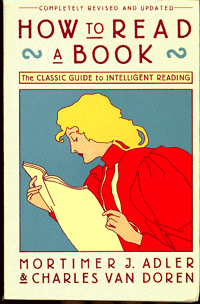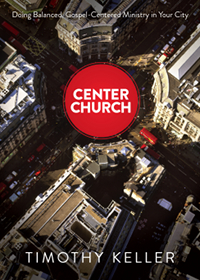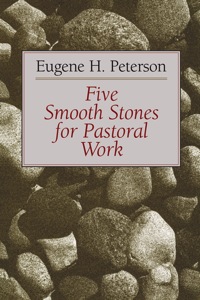I’m confused, not hip.
I’m confused on the one hand because some, but not all, of the things I read about so-called ‘hipster’ Christianity ring true for me.
What makes a church a “hipster church”? Does it have a one-word name that is either a Greek word or something evocative of creation? Does the pastor frequently use words like kingdom, authenticity, and justice, and drop names like N. T. Wright in sermons? Does the church advertise a gluten-free option for Communion? If the answer is yes to all of those questions, chances are that it’s a hipster church. (Brett McCracken, “Hipster Faith”, Christianity Today, September, 2010)
I answer yes to some of these questions, but not all. Somewhere a few years ago, I took an online ‘hipster quiz’, an unhip thing to do, and scored 78/120. Not sure what that makes me.
I wear sandals, so suspicions are quickly raised. But I wear them because 30 years ago I met a very square and un-hip Scottish pastor who wore sandals and they looked (and are) comfortable. Sandals are hip, but so are the oft mentioned ‘skinny jeans’, and whatever those are I’m sure I’m not going to wear them. Goatees are hip, but they make one look sinister.
The Coen’s are interesting and often brilliant, but they have their lapses. (That’s hip to say!) Wes Anderson is beyond mystifying. (Not hip.) I love liturgy and literary fiction. Mumford and Sons is on my play list and I believe the kingdom certainly includes elements of social justice. (All fit the hip profile.) But I can’t cuss very well, much less in a sermon, I don’t like beer, and, as a Twitter post commented yesterday, intinction works better for cookies and milk than for bread and wine. (Not very hip). And a ‘gluten free option’? Simply sounds loving rather than ‘hip’.
I thought about this the other day when I decided to retire another element of possible hipster cred. After having completed the massive bio of Winston Churchill (The Last Lion) I moved on to read the popular fiction of David Balducci. Terribly unhip. Perhaps that stirred the hipster demon in me, for after finishing Balducci I had this uncontrollable urge to read Flannery O’Connor. Flan and I started out well, but the more she spoke the harder it became for me to grasp what she was saying. It dawned on me that I was reading her because I thought I was supposed to. Cool pastors read and quote NT Wright AND Flannery O’Connor, I guess. But not this one. Not now, anyway.
I certainly hope I’m not trying to be hip by claiming to be unhip. It can become all very mystifying.
I’d finish by quoting a pop music lyric (a hip thing to do) but the lyrics I’m most familiar with are over 40 years old. Not hip.
Oh heck (a hip pastor would have phrased that more strongly), I’m going to do it anyway:
But it’s all right now, I learned my lesson well.
You see, you can’t please everyone, so you got to please yourself.
(Rick Nelson, “Garden Party”, 1972)



 We need to hear Keller’s challenge to lead the church well, but not without Peterson’s balancing caution that “nothing in pastoral work is more liable to Pelagian tendencies than the work of giving leadership to the community of faith” (
We need to hear Keller’s challenge to lead the church well, but not without Peterson’s balancing caution that “nothing in pastoral work is more liable to Pelagian tendencies than the work of giving leadership to the community of faith” (